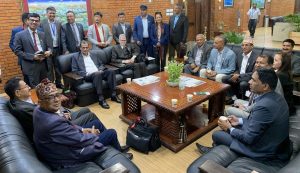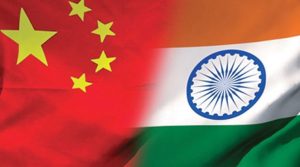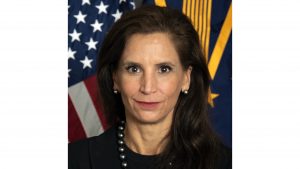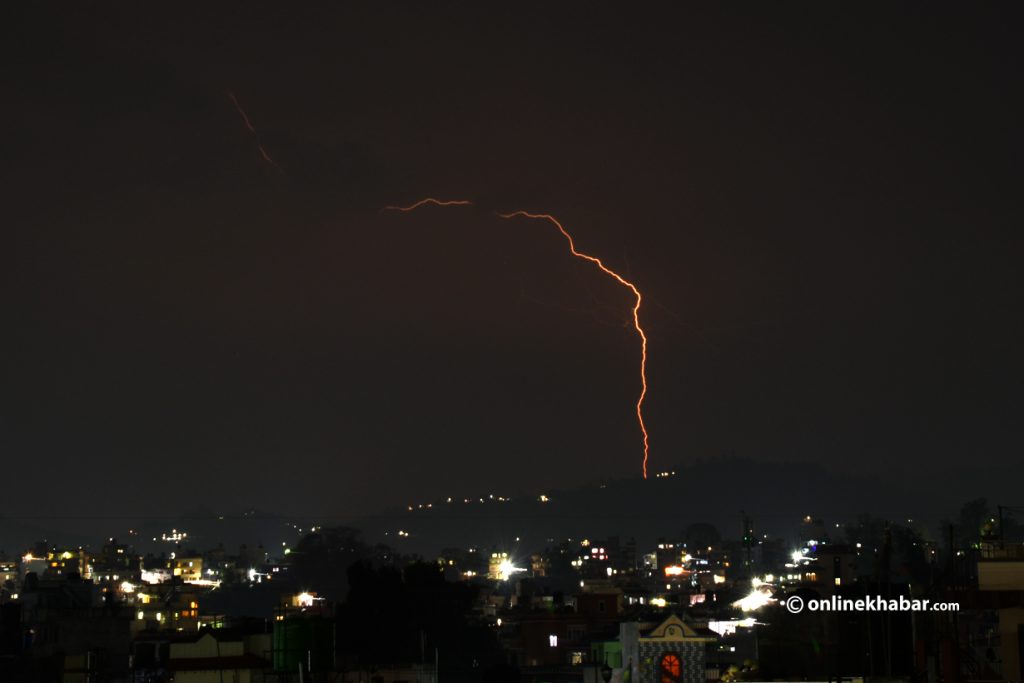Kathmandu, April 21
It appears China has been warned by the prolonged hullabaloo created over the acceptance of the US government’s Millennium Challenge Corporation (MCC) grant in Nepal as it has started to clarify that its Belt and Road Initiative (BRI) is not a geopolitical strategy.
It is noted that the voices against the Chinese President Xi Jinping’s flagship project in Nepal are not as loud as they are against the US government’s grant deal that many believe is a part of its Indo Pacific Strategy.
But, without being questioned, the Chinese Ambassador to Nepal, Hou Yanqi, told the media in her briefing on Thursday morning that the Chinese initiative was not a geopolitical strategy, suggesting she was conscious of potential criticisms.
“I would like to point out that BRI has never been a “geopolitical strategy”, but a road of development that helps countries along the road, especially developing countries to achieve the 2030 Agenda for Sustainable Development and promote common development and prosperity,” Hou said, “The projects under BRI serve to promote mutually beneficial cooperation between the two countries and improve people’s livelihood and well-being.”
She added that when selecting and implementing specific projects, both governments and enterprises would be required to follow the principles of openness, transparency and friendly consultation with each other.
The diplomat blamed the Covid pandemic for a lack of progress in implementing the plans agreed to be held under the BRI, assuring stakeholders they would gain momentum in the future.
She stated taking the BRI projects ahead was also one of the major points on agenda during the recent visit of Chinese Foreign Minister Wang Yi.



























